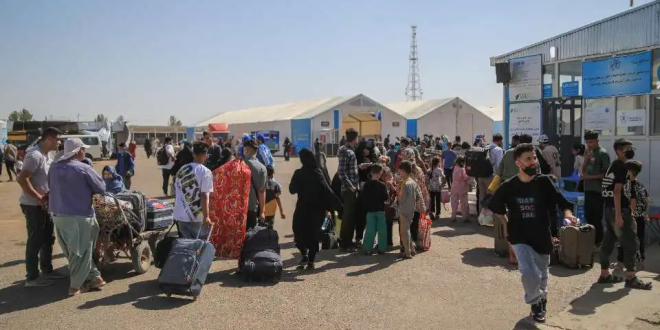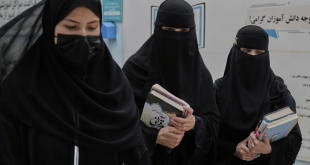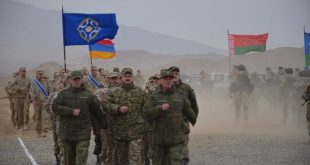KABUL — The United Nations has accused the Taliban of committing widespread human rights violations against Afghan refugees who have been forcibly returned from Iran and Pakistan, including acts of torture, arbitrary arrests, and threats to personal safety. The alarming findings are detailed in a new joint report released Wednesday by the UN Assistance Mission in Afghanistan (UNAMA) and the UN Human Rights Office.
The report, based on interviews with 49 recently returned Afghans, reveals that returnees—especially women and girls, former government employees, media workers, and civil society activists—are being targeted by Taliban authorities solely because of their identity or personal history. Violations include physical abuse, ill-treatment in detention, and intimidation, creating what the UN describes as a “multi-layered human rights crisis.”
The situation stems from large-scale deportations launched by Iran and Pakistan, which have already forced more than 1.9 million Afghans back into their homeland this year alone. The UN Refugee Agency (UNHCR) warns that up to three million people could be returned to Afghanistan in 2025, despite the country’s ongoing humanitarian emergency and worsening repression under Taliban rule.
Afghans crossing back into the country—many after years of laboring in Iran or Pakistan—arrive with little or nothing and face immediate insecurity. One returnee, Wahid Ahmad Mohammadi, said he would be forced to sleep in a tent in Herat after losing everything and being treated poorly in Iran for being Afghan.
UN Human Rights Chief Volker Türk issued a stark warning: “Nobody should be sent back to a country where they face risk of persecution… This is even more pronounced for women and girls, who are subjected to a range of measures that amount to persecution on the basis of their gender alone.”
The Taliban dismissed the report as “propaganda.” Spokesman Zabihullah Mujahid claimed the sources cited may be politically motivated or deliberately spreading falsehoods, insisting that an amnesty remains in place for former regime employees.
However, rights groups and the UN continue to sound the alarm, with the UN calling for an immediate halt to all forcible returns to Afghanistan. The report underscores the danger of deporting vulnerable individuals back to a country where the ruling regime is systematically dismantling basic freedoms, especially for women, who have been effectively erased from public life through bans on education, employment, and access to public spaces.
Meanwhile, countries beyond the region are also contributing to the crisis. Germany recently deported 81 Afghan men convicted of crimes, while the United States revoked Temporary Protected Status for thousands of Afghans, further increasing the number of potential returnees.
The UN is urging all governments to comply with international legal obligations by ensuring no one is returned to persecution and to boost support for reintegration, protection, and humanitarian aid inside Afghanistan.
 Afghanistan Times
Afghanistan Times




